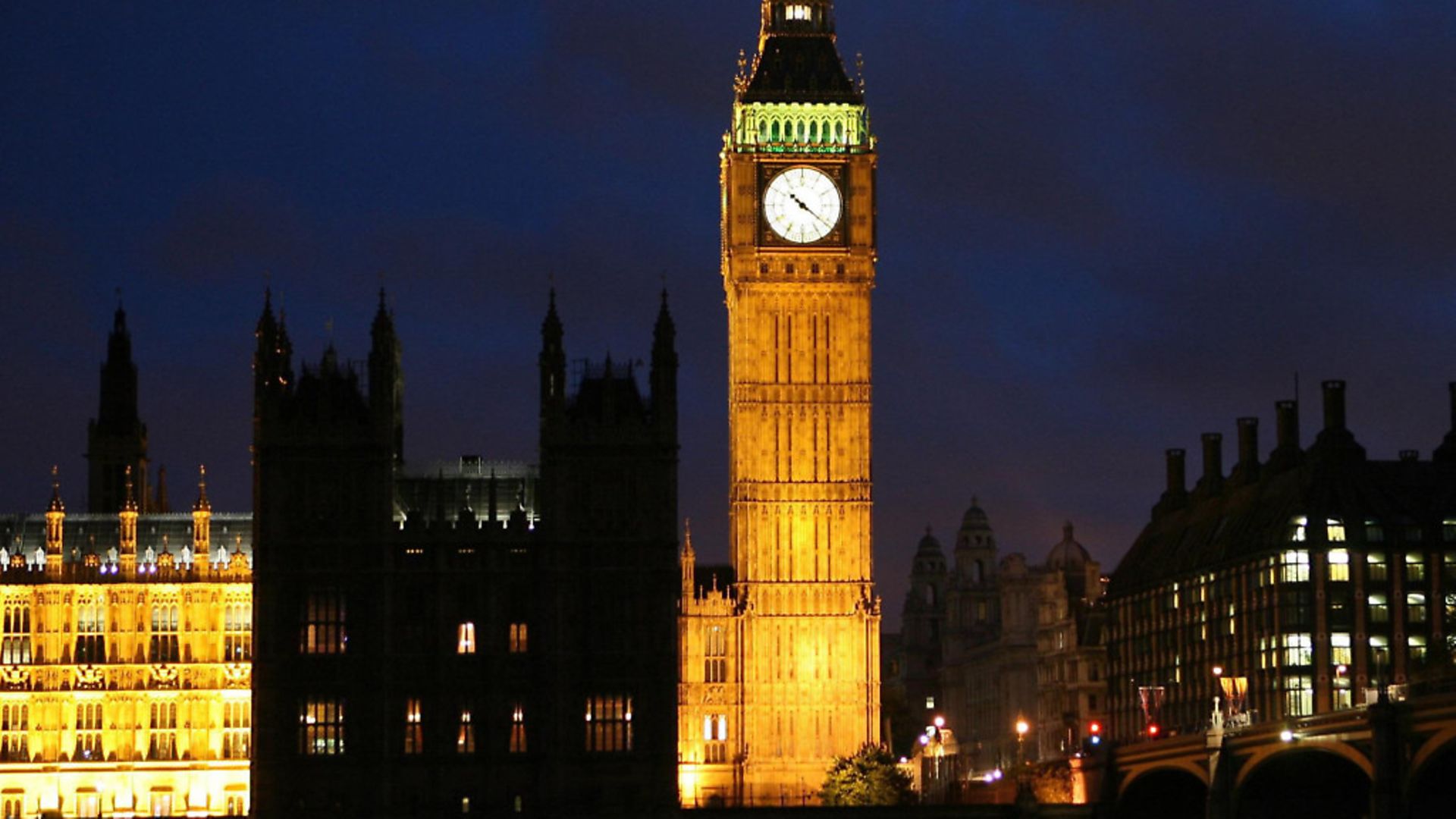
With the MPs absent from Westminster and the country approaching crisis Andrew Adonis imagines how our Belgium sleuth Poirot would get to the bottom of Britian’s malaise.
Britain’s Amazing news. Curtain isn’t Agatha Christie’s last Poirot thriller.
It turns out there is one set in the spring of 1939, which Christie was persuaded by Neville Chamberlain’s government to lock in a vault because it might damage international relations. It has just been discovered by her great nephew, one Dominic Grieve.
It is called The Mystery of the Missing Parliament. Opening scene: dramatic phone call. Gravelly, urgent voice: ‘Monsieur Poirot, something desperate and dreadful is happening in the chamber of the House of Commons and only you, Monsieur, can prevent a great national tragedy.’ The line goes dead.
‘Mon Dieu,’ declares Poirot to Miss Lemon. Hastings is summoned. Without even waxing the moustaches, and actually running, Poirot and Hastings depart Whitehaven Mansions, urge the cab to go ‘vite,’ and arrive at the main entrance to parliament. Only to find it padlocked, although it is 10am on a working weekday soon after Easter.
Much agitation. Eventually, Mr Speaker himself is roused, who arrives with a huge key. On hearing the alarming intelligence, he escorts the great detective to the chamber of the House of Commons and causes it to be illuminated.
Nothing. Just stillness punctuated by the ticking clock. Mr Speaker himself is agitated because he has to catch a noon train to join John Buchan in Scotland for a long weekend shooting with one Mr Hannay.
Poirot and Hastings end up in Prague and wrest secret plans about Hitler’s war preparations from the hands of a poisoned German agent who had been trying to supply the said plans to Winston Churchill in person – only to find parliament locked up. You can see why Chamberlain wanted this suppressed.
Alas, The Mystery of the Missing Parliament is as urgent today as in 1939. Her Majesty’s plenipotentiaries, Dominic Raab and Olly Robbins, are negotiating the future of Britain, maybe the future of Europe, in circumstances of the utmost gravity. The media talks of nothing else. But parliament, the sovereign body of the people, is on holiday; and the only thing of importance on which the government is united is that it should remain there.
So, the government indicates preparations for a no-deal Brexit, including food rationing and medicine shortages. No parliament.
Michel Barnier rejects Theresa May’s Chequers plan, which is already undermined by Rees-Mogg and his henchmen. No parliament.
Protracted paramilitary violence erupts in Derry, Northern Ireland’s second city, and continues nightly for more than a week. No parliament.
The governor of the Bank of England warns of huge economic damage from a hard Brexit and tells the Today programme that his warnings of two years ago were not wrong; it is just that their impact is delayed by the fact that it took time for the markets and businesses to take Brexit seriously. This is now happening.
No parliament.
And this is just week three of no parliament. There is another month to go of parliamentary void, then a brief week-long sitting, and then another three week parliamentary holiday, ostensibly for the party conferences.
It is not just parliamentary scrutiny and debate of Brexit that has gone AWOL. There is an urgent need for parliament to debate and legislate on accumulating issues which have been ignored because the last two years have been so largely preoccupied by the preparatory legislation for Brexit. Virtually nothing else has been able to get onto the legislative agenda.
Parliament should be sitting through the summer and passing a bill a week addressing urgent national issues. Social housing. The digital economy. Abortion rights and same sex marriage in Northern Ireland. The management of the rail network. Infrastructure in the north of England. The crisis in tuition fees, apprenticeships and the education system.
I wish I could say that the only guilty party in this parliamentary void was the dastardly prime minister. But the opposition, and parliamentarians at large, are equally to blame.
When I proposed in the House of Lords that we return after a two-week holiday – which, after all, is what most of the public take – this was met with derision. I could muster only nine votes. Not even the Labour and Liberal Democrat front benches supported me.
‘I’ve got my Ryanair flights,’ one of my Labour front bench friends told me. ‘Anyway, wasn’t the last time parliament sat in August during the last war.’ Ahem isn’t that the point?
‘Eh bien,’ says Poirot in his final words of the 1939 mystery. ‘Your parliament, Hastings. It may be called a mother. But it is a sleeping mother at death’s door. And you English, apart from Monsieur Churchill, you seem unaware.’









